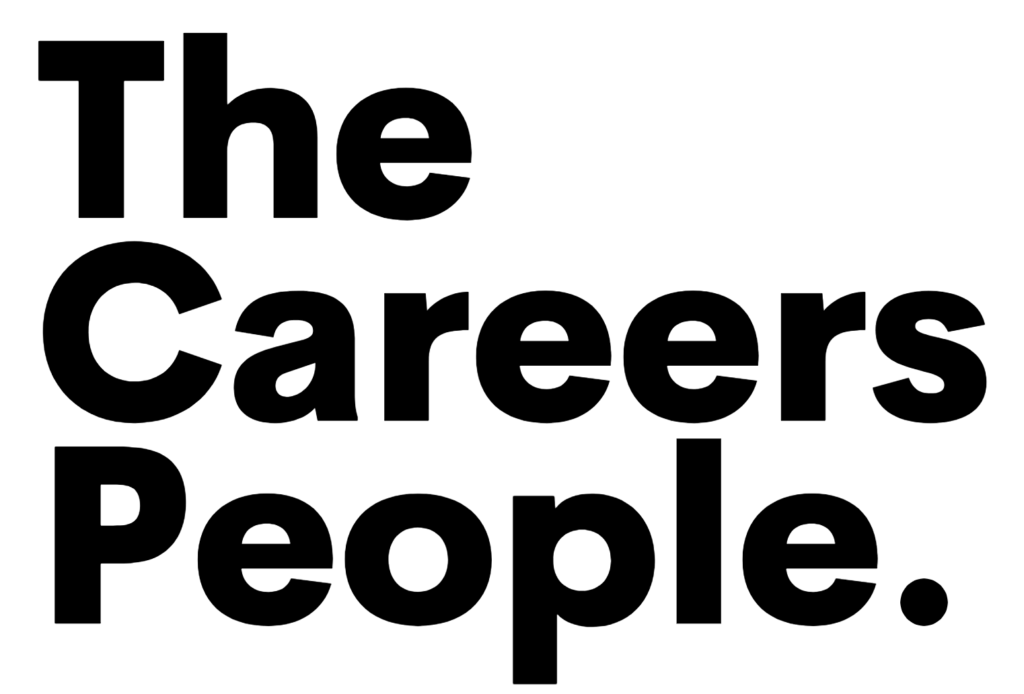Our data shows us that applicants are concerned that choosing the ‘wrong’ subject will affect their job prospects.
So, why is that a myth?
For some careers, subject is really important; so this isn’t entirely a myth. However, studying any degree will help you develop a range of transferrable skills that are really important to employers, and there are plenty of careers out there where the specific subject you studied isn’t important.
Reason 1: Subject choice matters in some industries more than others
Evidence:
52%
of employers say that the subject a graduate studied is one of the most important things to them when recruiting – meaning it matters less to almost half of employers.
(Source: CBI Economics, 2024)
Reason 2: You might be surprised where different subjects can take you. Most subjects can transfer into multiple different careers.
Evidence:
Most graduates feel they use the skills acquired during their degree in their post-graduation activities, regardless of what they studied:
69%
Of graduates agreed or strongly agreed that they are using what they learned during their studies in their current activity. (Source: Graduate Outcomes for 21/22 graduates).
Many graduate employers are also looking for transferrable skills, not necessarily just subject-specific academic knowledge when hiring:
68%
Of employers said a graduate’s transferrable skills – for example communication – were important.
42%
Of employers said a graduate’s vocational or industry experience were important.
Reason 3: You can change your mind if you don’t like your initial choice
Whether it’s deciding halfway through that a course isn’t for you, or even deciding to take a slightly different path post-graduation – many students will change their mind about the subject they chose. This isn’t something to worry about; you are not locked in from the moment you make your initial choice. There are several options and ways to change tack:
- Change subjects: Most universities will have support in place to help you change courses should you decide your initial choice isn’t working out.
- Conversion courses: There are multiple options to take a conversion course into a different kind of career post-graduation. For example, you can take Law conversion courses after completing a degree in any subject.
- Take your time: University isn’t something that needs to happen at age 18. There are plenty of options for taking a little longer to make a decision. Students can:
- Defer: take a gap year
- Become a mature student: you can become a student at any age – many university attendees have several years in employment before entering higher education.
Reason 4: The only ‘right’ choice is the one that’s right for you
Evidence:
Regardless of the subject they studied, the majority of graduates go into jobs that they find meaningful.
84%
Of those who graduated in 2022 agreed or strongly agreed that their current activity (eg work) was meaningful to them. (Source: CBI Economics, 2024)..






